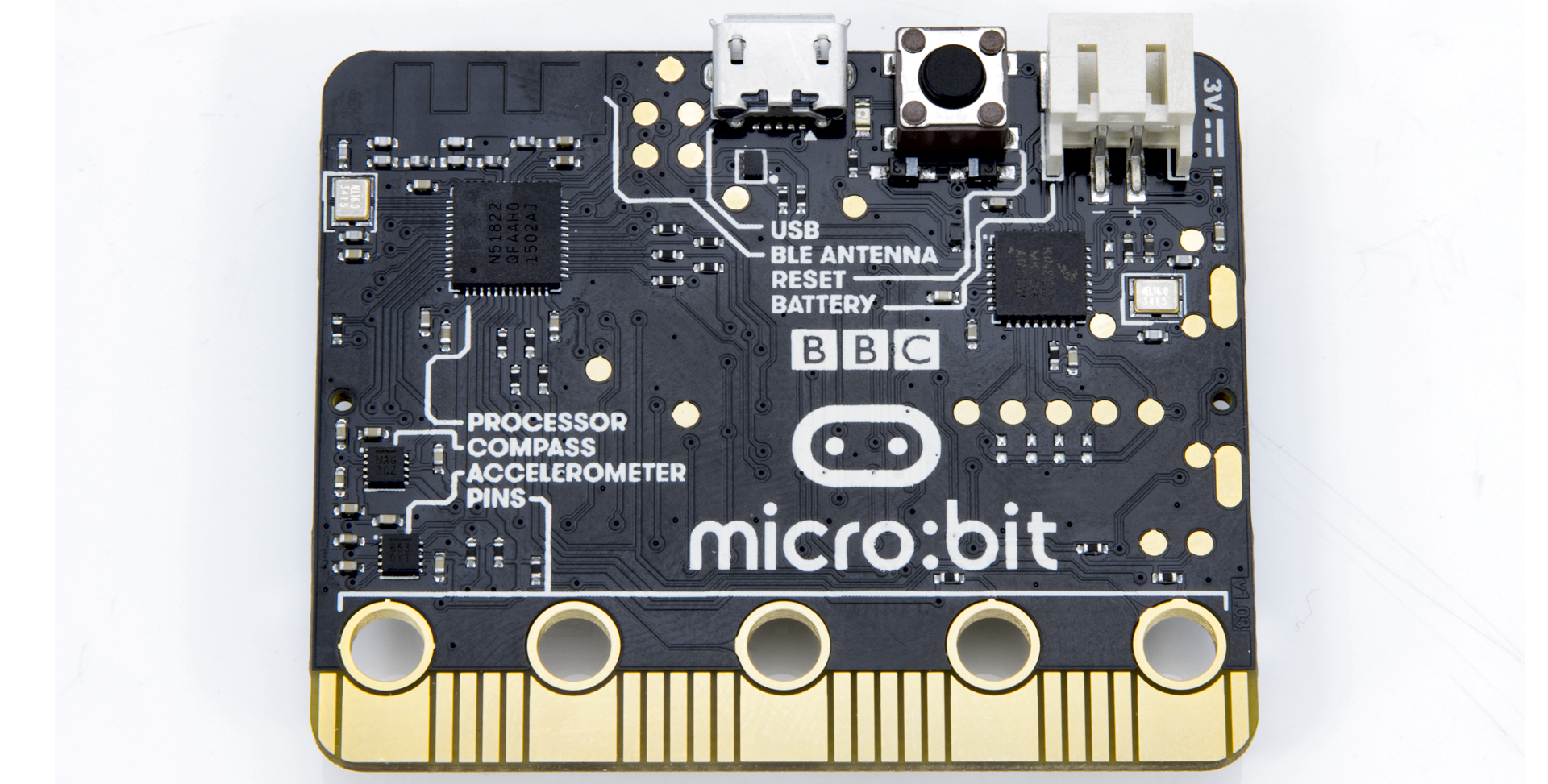Lenovo to give £1 from every laptop sale to UK digital poverty charities
Tech giant to support local authorities and charities with hardware and expertise


Lenovo has pledged to raise £1 million from laptop sales to combat digital poverty across the UK and Ireland.
The announcement is an expansion of its digital equity programme, which now includes allocating £1 from each laptop it sells to help local authorities, charities, and educational institutes deliver hardware and expertise to the most vulnerable in the UK.
Lenovo said it wants to ensure "technology, time and money" reach those most in need. As such, the company will also be offering its expertise to local charities that are working towards the same goal to help build a "sustainable digital society" through community support and better access to technology.
Four UK organisations have been selected by Lenovo for the programme: disadvantaged children at the St Patrick's Football Club in Dublin will receive educational devices and IT skills training from Lenovo. The Free At Last Birmingham Community organisation will be supplied with devices and community-based skills training for families in the area that have no connectivity.
The company will also offer support for National Digital Skills coaches with devices for disadvantaged citizens via the Ability Net UK charity. The SCC Academy in Solihull will also get access to desktops and monitors for a new academy in the area that will support IT training through the Rigby foundation.
"As one of the world's leading technology companies, we are on a mission to help reduce digital poverty and ensure that there are equal opportunities for all," said Jane Ashworth, Lenovo's SMB and channel director for the UK and Ireland. "By working with local expert charities and giving money, technology and expertise, we will fight to help improve digital equity in the UK."
The UK's digital divide
Lenovo is not the first company to highlight the issue of digital poverty, particularly in the UK. Current government data suggests that 82% of all advertised jobs now require some form of digital skill, at a time when a quarter of vulnerable children in the UK are unable to access "suitable" devices for education, according to Ofcom.
Sign up today and you will receive a free copy of our Future Focus 2025 report - the leading guidance on AI, cybersecurity and other IT challenges as per 700+ senior executives
RELATED RESOURCE

Work from anywhere: Empowering the future of work
Employees want to work from anywhere, IT needs to be able to support this shift
The issue has also been compounded by the pandemic, with multiple national lockdowns highlighting our reliance on the internet for work and education, according to Cambridge University researchers, Hannah Holmes and Dr Gemma Burgess. Children living in poverty are already significantly disadvantaged compared to their wealthier peers, but the university's research also suggests that of those eligible for free school meals, or who have been in care or adopted from care, only 25% achieved grades 9-5 in GCSE English and Maths in 2019, compared with 50% of all other pupils.
Discussion of digital exclusion often focuses on vulnerable children or the elderly, but according to the research from Cambridge University, it is not a specific generational problem. This was also pointed out by The Good Things Foundation, which told IT Pro last year that the UK's government had "not invested a single extra pound on adult digital inclusion".
Bobby Hellard is ITPro's Reviews Editor and has worked on CloudPro and ChannelPro since 2018. In his time at ITPro, Bobby has covered stories for all the major technology companies, such as Apple, Microsoft, Amazon and Facebook, and regularly attends industry-leading events such as AWS Re:Invent and Google Cloud Next.
Bobby mainly covers hardware reviews, but you will also recognize him as the face of many of our video reviews of laptops and smartphones.
-
 TPUs: Google's home advantage
TPUs: Google's home advantageITPro Podcast How does TPU v7 stack up against Nvidia's latest chips – and can Google scale AI using only its own supply?
-
 Microsoft Excel is still alive and kicking at 40
Microsoft Excel is still alive and kicking at 40News A recent survey found Gen Z and Millennial finance professionals have a strong “emotional attachment” to Microsoft Excel
-
 Welsh startups 'increasingly isolated' over lack of diverse funding routes
Welsh startups 'increasingly isolated' over lack of diverse funding routesNews Founders say Wales' chance to be one of the UK's leading tech ecosystems is being undermined by a lack of investment
-
 What is WCAG and how do these guidelines power accessibility online?
What is WCAG and how do these guidelines power accessibility online?In-depth Experts urge a mentality shift, away from box-ticking compliance, to one that incorporates ease of use into the very fabric of web design
-
 UK gov opens £12m innovation fund to tackle cost of living crisis, regional inequality
UK gov opens £12m innovation fund to tackle cost of living crisis, regional inequalityNews Funding will enable regulators and local authorities to test and experiment with "bold and ambitious" approaches to the pressing issues of the day
-
 Diversity in tech is a well-trodden path, but change is painfully slow
Diversity in tech is a well-trodden path, but change is painfully slowOpinion IT leaders have a big role to play in changing attitudes to diversity and inclusion, but not all of them step up to the challenge
-
 Two in three IT employers struggle to recruit staff with adequate digital skills
Two in three IT employers struggle to recruit staff with adequate digital skillsNews Three quarters (77%) of surveyed senior UK IT decision-makers claimed that they are currently facing a digital skills gap in their organisation
-
 Primary schools to receive BBC micro:bits in digital literacy push
Primary schools to receive BBC micro:bits in digital literacy pushNews The initiative comes amid an "all-time high" shortage of talent in cyber security, big data analytics and technical architects
-
 Disabled IT professionals are building access for themselves
Disabled IT professionals are building access for themselvesIn-depth For visually impaired developers, the tools just aren’t good enough – so they’re taking matters into their own hands
-
 Australia allocates $6.7 million to advance women in STEM initiatives
Australia allocates $6.7 million to advance women in STEM initiativesNews Women make up only 28% of the country's STEM workers
